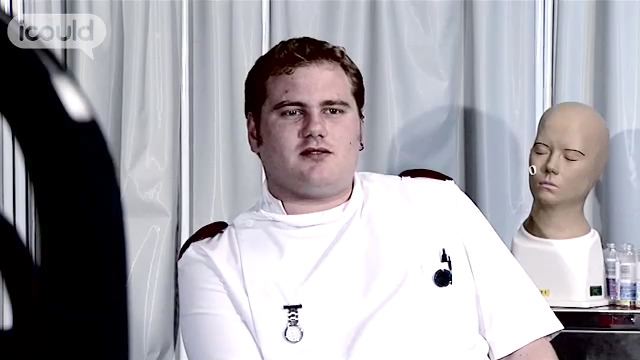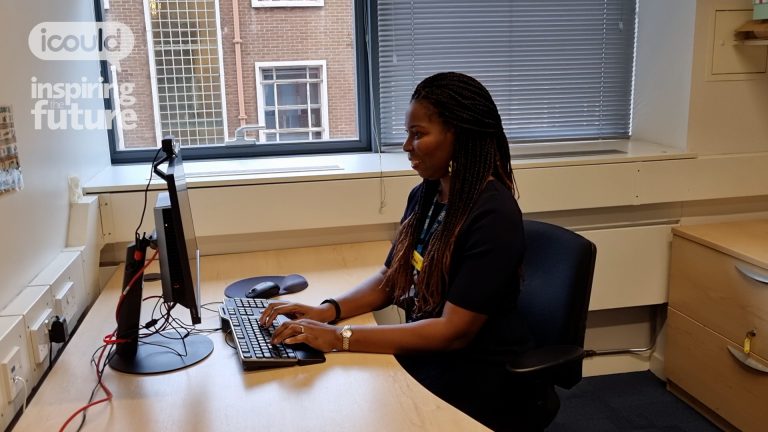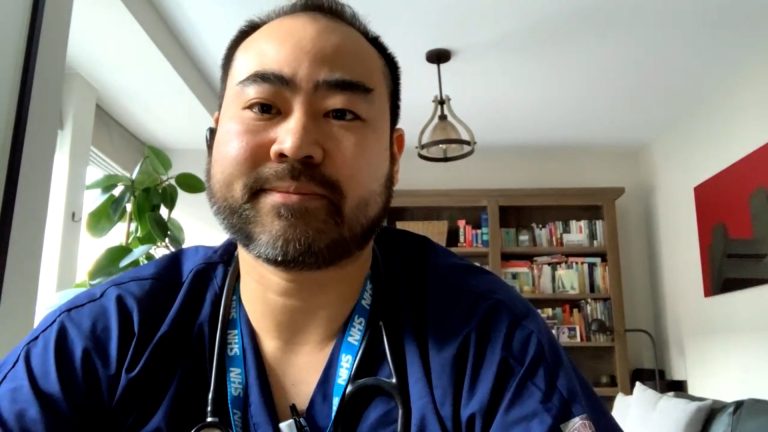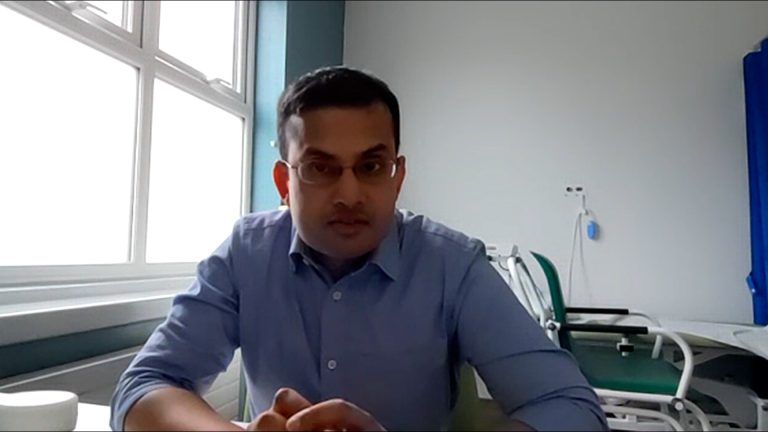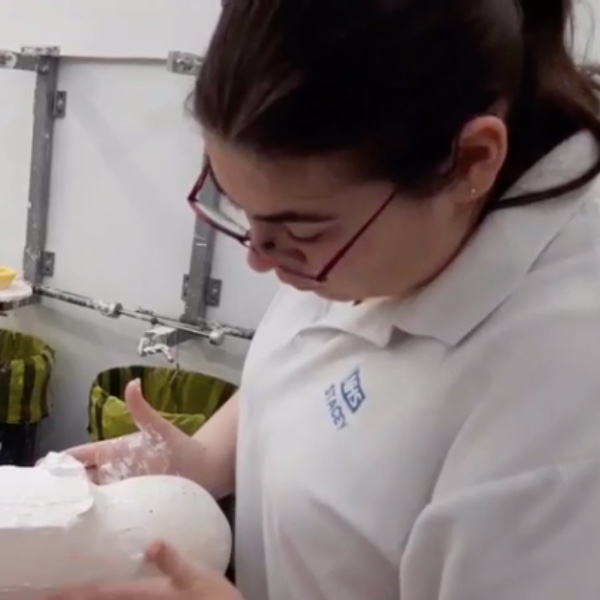Explore: Healthcare
Research Support Worker
The Clatterbridge Cancer Centre, NHS
info Issues viewing the video?
| Josh
Research Support Worker |
|
| 00:07 | Hello, my name’s Josh, I’m a research support worker here at the Clatterbridge Cancer Centre. |
| 00:11 | My job is working with clinical trials patients and looking after them and taking care of them, basically, when they’re here for their trial visits. |
| 00:19 | So, a clinical trial is where we’re testing drugs, erm, to find out if they’re effective in different illnesses. So, I work in cancer clinical trials so I’m trying to find new treatment, my team is trying to find new treatment for cancers, or it could be to use one treatment on a different type of cancer which, which, erm, they haven’t tried in the past. |
| 00:40 | The 3 main tasks of my role is assessing the patient by taking blood and doing observations, er, to make sure they’re health to receive treatment, erm, on a clinical trial. Erm, looking after my patients, taking care of them, making them drinks, making them as comfortable as possible and also working with the multidisciplinary team, so all the nurses and doctors to ensure the best outcomes for our patients. |
| 01:05 | My 3 favourite parts of my job is looking after my patients, er, learning about new research and opportunities within research and cancer research as a whole, and the skills that I learn on the job. |
| 01:18 | So, I did not enjoy school when I was in high school, I just. I preferred something more hands on, so, instead of going to sixth form, I took, erm, the option of going for an apprenticeship and I became a cadet nurse, and I was working on several wards as placements, and I gained my qualifications that way, as well as getting paid, which is always a benefit. But, eventually, I’d like to become a registered nurse, and I think this job has really set me up in a good way for that, because I can now speak to people, I’ve got loads of clinical skills that people that go straight from school might not have had, erm, and I think it’s a benefit for me, so I’d eventually like to go and study an access course in college, which is part time, so I can do that as well as work and still earn a wage while doing that, and one day I might get my blue uniform! |
| 02:06 | I believe I’m a people person, I like to talk to people. I like to get to know who my patients are, and I think they’re a member of my family, to be honest, and I treat them how I’d like my mum, my dad to be treated. Erm, I think it’s really important to be compassionate and provide care with dignity in, in a setting like this as they’re probably going through the hardest part of their life, and if I can make that a little bit better then I think I’ve done my job right. |
| 02:31 | If someone came to me and said they wanted to do my job, I’d tell them to go for it. This job has changed my life. I’ve met amazing people and I’m involved in amazing research and I work with a really great team and it’s a very supportive environment. |
| 02:56 | END OF TRANSCRIPTION |
“This job has changed my life. I’ve met amazing people and I’m involved in amazing research.” Joshua works as part of team trying to find new cancer treatments and looks after patients taking part in clinical trials. He didn’t enjoy school and left to take an apprenticeship as a cadet nurse. He hopes to become a registered nurse in future.
Related career stories
⇦
⇨
